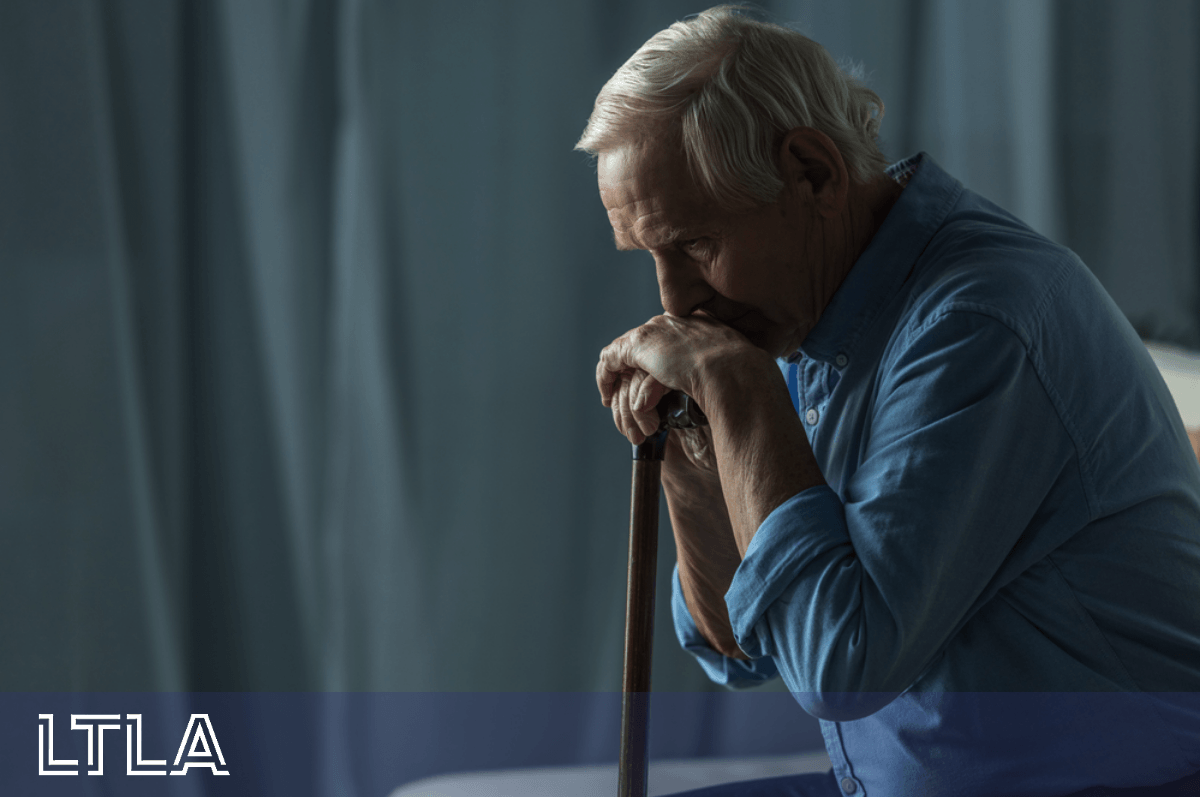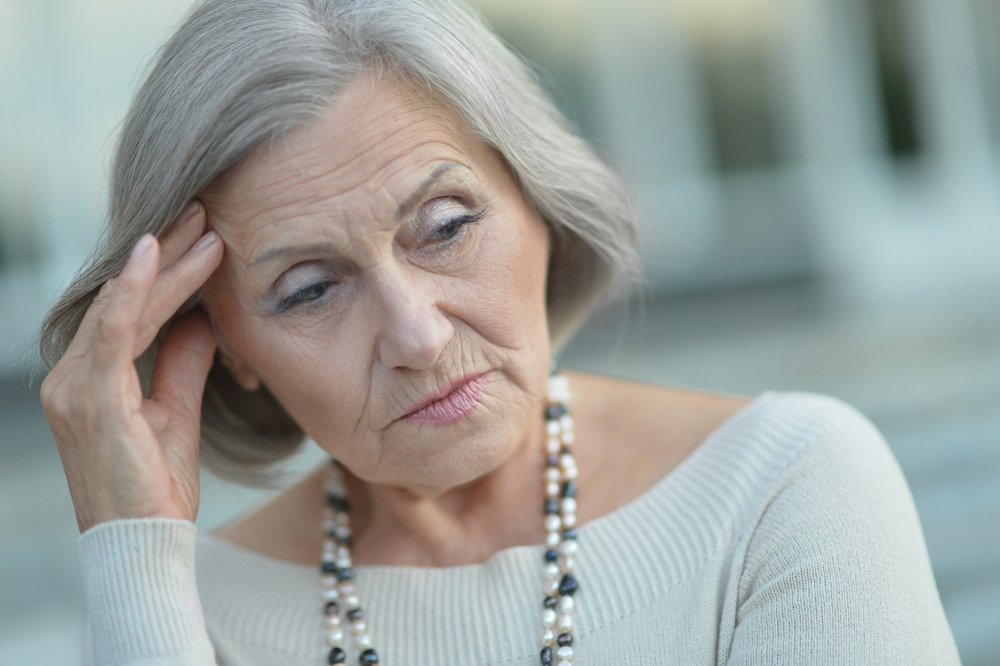
More than 6.5 million Americans 65 years of age and older have been affected by depression. Often, these seniors have struggled with depressive episodes during their entire lives. For others, depression first strikes in the senior years, all the way up into the 80s and 90s.
Signs of Depression in Seniors
Sometimes the signs of depression in seniors go unnoticed. Other times, they are misattributed to the process of general aging. It’s important to be aware of the signs of depression in seniors so that appropriate psychotherapy treatment can begin as soon as possible. Here are some common indicators that an older person may be suffering from depression.
- Loss of interest in favorite hobbies
- Chronic fatigue
- Increased napping
- Loss of appetite
- Lack of smiling/laughing at appropriate times
- Chronic self-deprecation
- Lack of optimism
- Refusal to take prescribed medicine
- Lack of interest in surroundings
- Self-isolation
- Indifference/No preference when offered choices
- Dangers of Depression in Older Persons
When depression goes unnoticed or untreated, other dangers present themselves. The elderly person, who is already at risk for certain age-related complications, may become even more vulnerable. The depressed senior may fall into a rapid cognitive health decline as social isolation increases. Their physical health may deteriorate as they pass on nutritious meals and refuse to take medication. Immediate fatal consequences from self-harm are also a distinct possibility in older persons with depression.
Why Do Older Persons Get Depressed?
There are many reasons why a senior may become depressed. Commonly, increasing dependence and feelings of a lack of control have been known to lead to depression in older persons. Of course, all older persons eventually experience reduced independence and less control over their lives, but not everyone falls into depression. Depression is by no means to be expected as a natural part of aging. That’s why, when depression strikes, it’s important – and helpful – to seek help from professionals who understand the challenges that face adults in their senior years.
Psychotherapy For Depressed Seniors
Psychotherapy for depression in older adults has been proven to be an effective means to reduce or eliminate the signs and symptoms of depression in the aging population. In psychotherapy, the practitioner and the patient can fully explore the reasons behind the depression so that recovery can begin. Sessions are typically once a week, but depending on the assessment outcomes and the patient’s needs, sessions may be twice a week or once every two weeks.
What are the Benefits of Psychotherapy For Depressed Seniors?
With psychotherapy, seniors can begin a journey toward positive mental health. In psychotherapy, improvements come little by little; the patient should start to see results after a few sessions. As sessions take place, depressed seniors may feel less alone. They may come to see their depression as a temporary feeling that will eventually pass. This will make them feel more hopeful of a positive outcome. If your loved senior family member is in psychotherapy, you may start to notice other good signs, such as an increased appetite, or a willingness to try to take interest in family activities. Mood swings may become less frequent or vanish altogether. As the mental health improves in your older loved one, it may even seem like their mental acuity is improving. This is simply because depression often feels like brain fog. When the fog lifts for the patient, everything suddenly seems possible again.
Would you like to see brightness on the horizon again for yourself or an aging loved one? You can, when you take steps to get professional help. Psychotherapy for older persons is a positive step in the right direction. Contact us today to learn more.
New Jersey Licensed Clinical Social Worker
ERIN HEDINGER


